Insurance Guide: Short-Term Rentals
🡐 Back to Resources | August, 2025 | Written by Kurt Russell
Running a short-term rental (STR) is exciting and profitable — but it also exposes you to risks that traditional homeowners or landlord insurance often doesn’t cover. From property damage and liability to lost income, the right insurance plan protects your investment and ensures long-term stability.
This guide provides a clear overview of short-term rental insurance, what coverage types matter most, and how to choose the right provider for your property.
Why STR-Specific Insurance Matters
Standard homeowners’ policies usually exclude claims that arise from commercial activity, which means you could be left paying out of pocket if:
A guest damages furniture or appliances
Someone is injured on your property
Your property becomes uninhabitable due to damage
Platforms like Airbnb offer limited protections, but they are no substitute for a dedicated STR policy.
Want to avoid other costly surprises? See our preventative maintenance plan guide.
Core Coverage Types to Look For
1) Property Damage
Protects against accidents caused by guests, like broken furniture, spills, or even major damage from misuse.
2) Liability Insurance
Covers you if a guest is injured or claims negligence during their stay. This is one of the most critical protections for hosts.
For more on safety, explore our Airbnb essentials guide.
3) Loss of Income
Provides reimbursement if your property cannot be rented due to damage (e.g., fire, water leaks, or storm events).
Looking to maximize profitability? See our guide on reducing costs and increasing profits in STRs.
4) Optional Add-Ons
Some insurers allow you to customize coverage with:
Pet damage protection (read our guide on allowing pets in STRs)
Amenity coverage for pools, hot tubs, or gyms
Business interruption insurance for longer downtime
Choosing the Right STR Insurance Provider
When comparing insurers, consider:
Coverage limits and exclusions
Ease of claims and customer support
Experience with STR-specific risks
Premium costs vs deductible flexibility
Want an all-in-one approach? Our best STR software guide shows how tech tools can track policies, bookings, and revenue together.
The Cost of Skipping STR Insurance
Without proper coverage, you could face:
Thousands in repair costs from guest accidents
Legal liability from injuries
Lost months of income if your property is down for repairs
Protecting your investment upfront is always cheaper than covering losses later.
The Clear Stay Advantage
At Clear Stay Properties, we simplify insurance decisions for hosts by:
Reviewing your property type and location to recommend the right coverage
Coordinating with providers during claims or emergencies
Aligning insurance with property modifications and upgrades that reduce risk
Combining insurance planning with day-to-day management for peace of mind
With Clear Stay, your property is more than protected — it’s optimized for consistent, profitable returns.
The Takeaway
Insurance is one of the most important investments you’ll make as an STR host. The right policy protects your property, shields your income, and ensures peace of mind.
👉 Ready to secure your short-term rental the right way? Fill out the form below to schedule your free consultation with Clear Stay Properties — and let us guide you through building a fully protected, guest-ready business.


